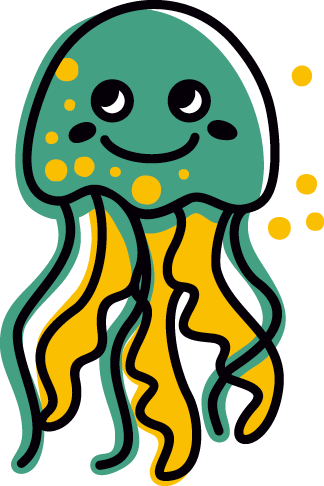Frequently Asked Questions
What is a clinical study?
A clinical study, also known as a clinical trial, is designed to learn if an investigational drug is safe and effective for public use. Participants are given specific medical treatments and researchers closely monitor the results to help decide if the drug should be approved for wider distribution. All medications on the market today have gone through this process.
What is an investigational drug?
An investigational drug is not yet approved for sale by any government health agency or authority. Clinical studies are used to test the safety and effectiveness of these drugs.
What is a placebo?
A placebo is a substance or treatment that has no therapeutic effect and is often used as a control in clinical trials. It is typically designed to look like the actual drug or treatment being tested but does not contain any active ingredients. The purpose of a placebo is to help researchers determine whether the effects of the actual drug are due to the treatment itself or to the participants’ expectations of improvement.
Why are placebo-controlled studies important to research?
Placebo-controlled studies are considered the gold standard in research because they provide the most reliable way to determine the effectiveness of a new treatment or intervention. By comparing a group receiving the actual treatment to a group receiving a placebo, researchers can isolate the specific effects of the treatment itself. This helps to minimize the influence of other factors, such as the placebo effect (where people experience improvement simply because they believe they are receiving treatment) and ensures that any observed benefits are truly due to the intervention being studied. This rigorous approach is essential for developing safe and effective treatments for various conditions.
What are the responsibilities while participating in the study?
If you choose to have your loved one participate in the study, you will be provided with guidelines and instructions to ensure the participant’s safety and well-being. You must share information about the participant’s current and past health to protect their safety throughout the study. Additionally, it is advisable to inform their primary care physician about their involvement in the study for comprehensive care and support.
Is participation voluntary?
Yes, participation in the study is entirely voluntary. Participants have the right to withdraw at any time for any reason. If they decide to leave the study, they will not be charged, nor will they lose any benefits they are otherwise entitled to.
Are there costs or compensation involved in participating in this study?
It will not cost anything to take part in this study. Where regulations allow, participants and caregivers will be fairly compensated for their travel, time, and effort for the duration of the clinical study.
How can someone learn more about the study drug and this study?
Where are participating sites located?
Helpful resources for Dravet Syndrome in adults and children:

Glossary Of Terms
ASM
Anti-seizure medications (ASM) are a group of drugs that are extensively used, mainly for the management of epileptic seizures.
CLINICAL STUDY
DOUBLE-BLIND
INFORMED CONSENT
PHASE 1
PHASE 2
PHASE 3
PHASE 4
PLACEBO
PLACEBO-CONTROLLED
A placebo-controlled study is a study in which there are two (or more) groups. One group gets the active treatment, the other gets the placebo.
RANDOMIZED STUDY
A randomized controlled study is a type of study that aims to reduce bias when testing a new treatment. The people participating in the study are randomly allocated to either the group receiving the treatment under investigation or to a group receiving standard treatment as the control.
TAPER
In medicine, tapering is the practice of gradually reducing the dosage of a medication to reduce or discontinue it.
TITRATION
Titration is a way to limit potential side effects by taking time to see how your body will react to a drug.